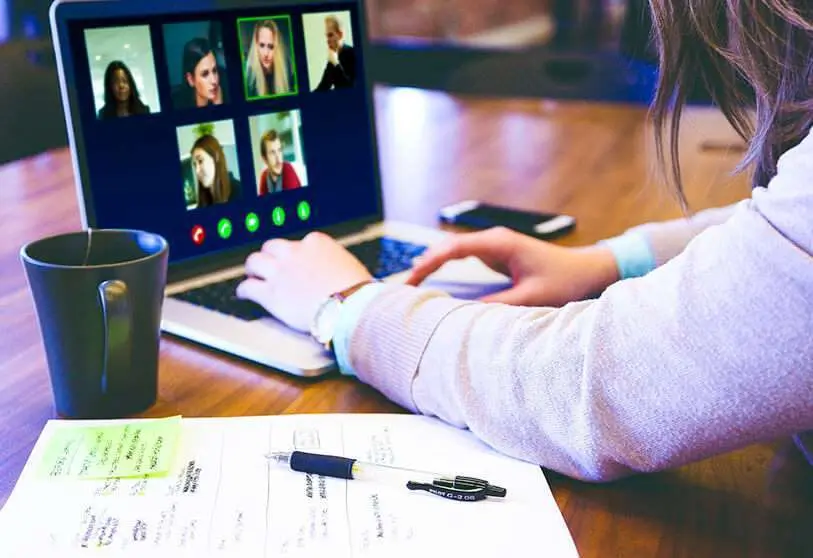The pandemic repositions our priorities

A few days ago, Tedros Adhanom, head of the World Health Organization (WHO), argued that a pandemic like the one we are currently experiencing occurs only once every hundred years and recalled how, after the 1918 pandemic caused by an influenza A virus, subtype H1N1, wrongly called the "Spanish flu", several changes accelerated which benefited, among other things, universal health care.
Of course, the current emergency caused by SARS-CoV-2 will also be a revulsion not only in health, medical and pharmaceutical matters, but will change many areas of human coexistence, labour relations and relations with the immediate environment.
I would like to say, with hope, that I hope that this pandemic will make us a more united humanity, although, I admit with fear, that when fear gets into the body the result accentuates selfishness.
Perhaps you yourselves, dear readers, will already be experiencing in your flesh the effects of the pandemic, and I do not say this because you are ill but because you will very possibly be faced with a series of decisions - faced with an unusual scenario - that you did not have in mind, nor on the horizon.
There are not a few people I know who have decided to change the scheme of their lives, many have lost their jobs and have done so at quite complicated ages, over 50 years old with children in university and tuition fees to pay.
Others are moving to leave the big cities and return to their homelands and the more daring have decided, once and for all, to make a 360-degree change in their customs and habits to take refuge in the countryside... to return to smaller cities and even to rehabilitate the emptied out villages trying to reconquer the forgotten land.
Some do so looking for opportunities, the big cities have shown their vulnerabilities and weaknesses and in that kaleidoscope, the land is seen as a salvation... the countryside and the primary.
What is the condition? That there is the Internet, that new manna of opportunities is enough for entire families (who have come out like lions in a cage after confinements and forced quarantines) to decide to relocate.
If there is an internet it seems that there is everything: from the possibility of teleworking, studying on the net, relating, selling and buying; existing and coexisting, simply interrelating and making money.
The imminent new reality will not take a single step backwards: the pandemic has shown us the way because we have done our supermarket shopping online; bought clothes or shoes including medicines, books... practically everything.
We connect by video and chat with our loved ones and friends and there are people who still meet to have an aperitif or a snack with their friends, but this time connected by Zoom.
The pandemic will transform everything, as an Adhanom adventure, and will leave us converted into a more digitalized society with more services available; even some psychologists say that there are people with the cabin syndrome feeling safe and alone inside their homes.
Each of us is trying to find our comfort zone and as a friend recently confessed to me: "I don't want to go back to the office, I want to stay home and telework.
There are also families and friends who have stopped meeting in restaurants, bars and cafes by proposing to meet at their respective homes; this pandemic will leave many services extinct and create others that are needed.
The hotels - in serious crisis - vulnerable in themselves to all the events that affect the movement of people, some will close their doors forever and it seems to me that this sector will end up reconfigured in another way perhaps it will not happen the day after tomorrow but hotels will survive only in season and holidays in rental houses, apartments and campsites will be privileged.
We will not be the same again, because right now we are not... the pandemic has opened up a channel for us and we have put our priorities on the table which implies not only seeking our lives but also going after opportunities.

